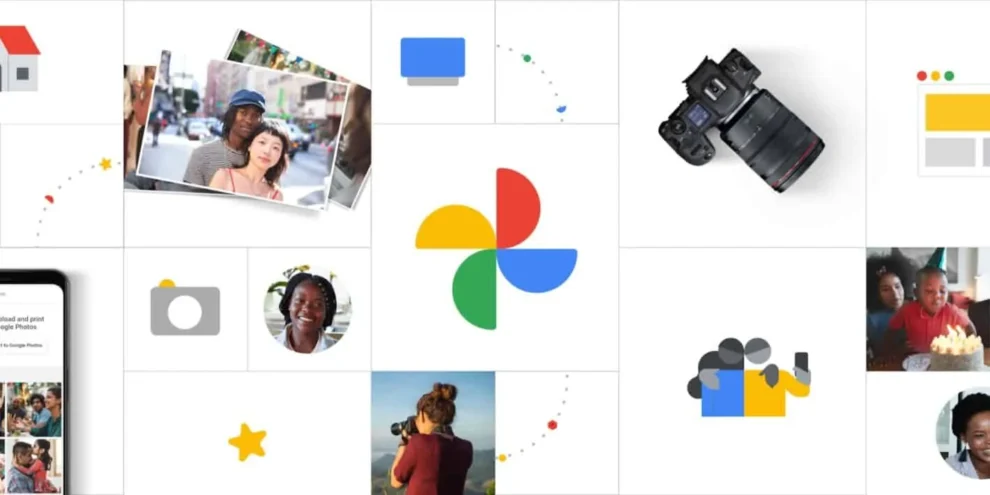In a significant expansion of its photo management and editing suite, Google is rolling out several advanced AI-powered features to all Android users. These updates, which were previously exclusive to Pixel devices or required a Google One subscription, are set to enhance the Google Photos experience across a wider range of devices.
Google Photos, known for its robust organizing tools, will now include AI-driven features that help users manage, edit, and transform their photos with greater ease. Key features include the Magic Eraser, Portrait Light, and HDR effects, which were detailed in recent updates by Google. The Magic Eraser, for example, allows users to easily remove unwanted elements from photos, such as photobombers or distracting objects, enhancing the overall visual quality of their memories.
The introduction of these features aligns with Google’s ongoing efforts to democratize access to advanced technology. The Magic Editor, another standout feature, offers sophisticated editing capabilities that simplify the editing process, enabling users to make professional-level adjustments to their photos without needing extensive editing skills. This tool is particularly notable for its use of generative AI to allow for selective edits on specific parts of an image, such as adjusting the sky or background.
These AI tools are designed to be intuitive, catering to both amateur photographers and more experienced users who wish to explore creative edits. By expanding the availability of these features, Google aims to enhance the user experience, making it easier for everyone to achieve high-quality photo edits on their mobile devices.
In addition to these editing tools, Google Photos continues to improve its core functionalities. The app’s ability to organize photos by grouping similar images and categorizing them into easy-to-find albums is getting an AI boost. This update will help users keep their growing photo collections organized without manual effort.
As these features roll out, they are expected to be available on devices that meet certain system requirements, including compatibility with Android 8.0 and higher. This move by Google marks a significant step in making powerful, AI-driven photo editing tools more accessible to a global audience, thereby enhancing how people interact with their digital memories.

























Add Comment